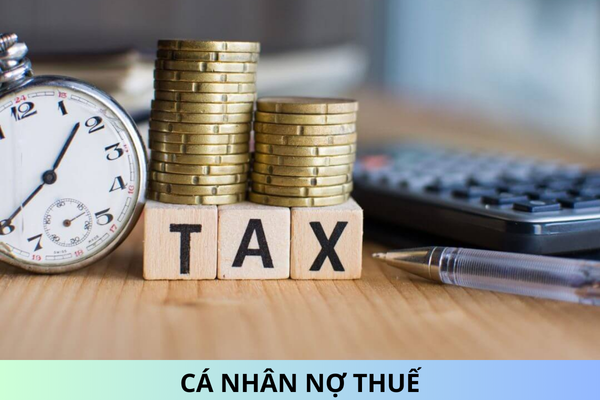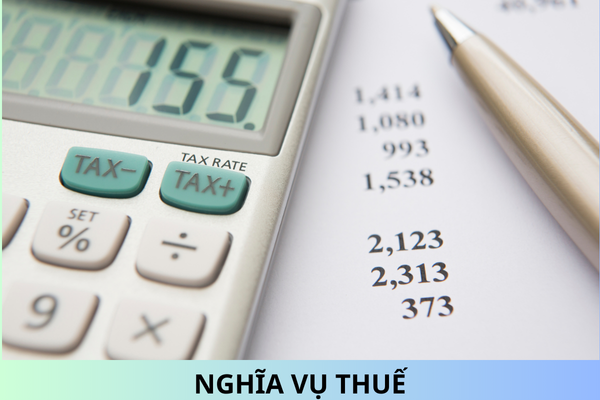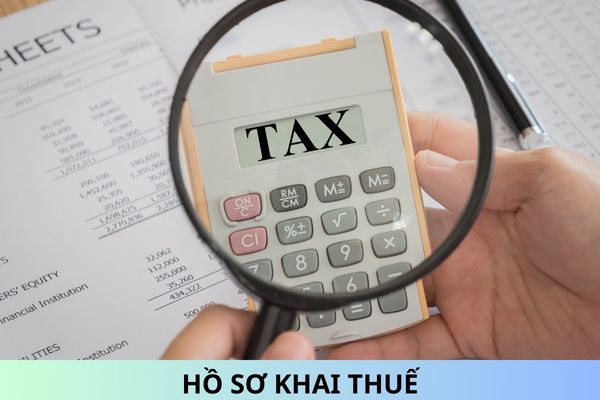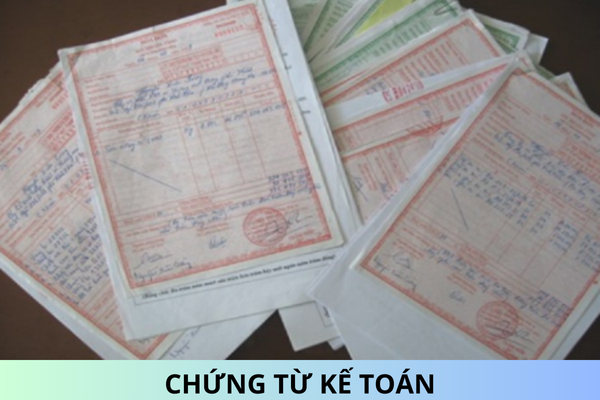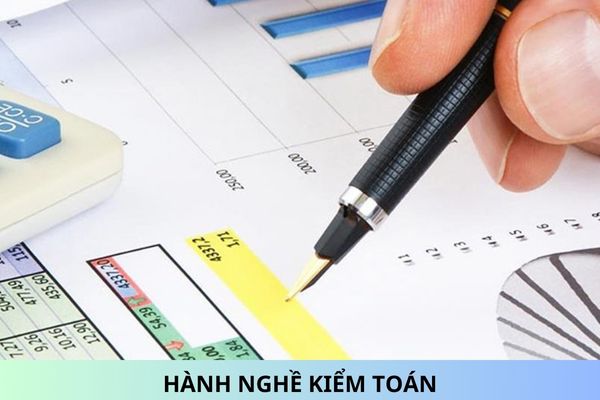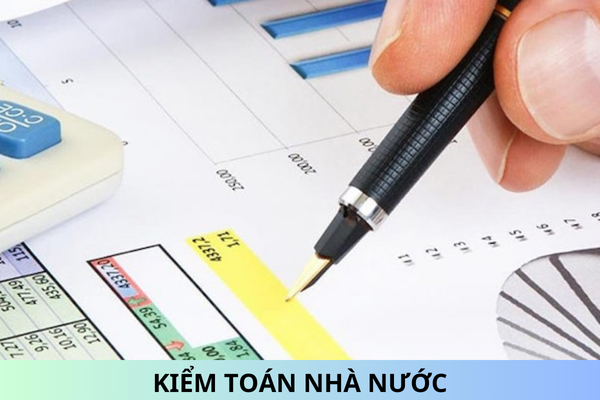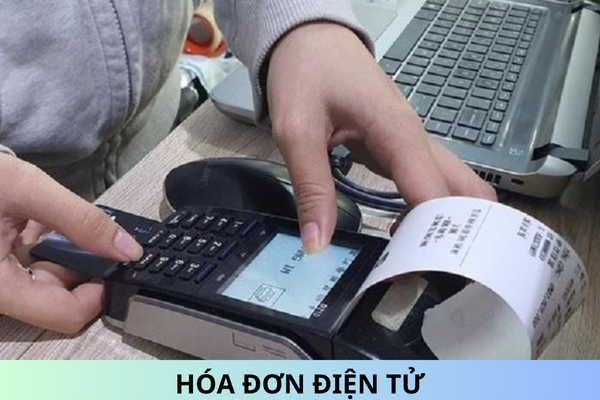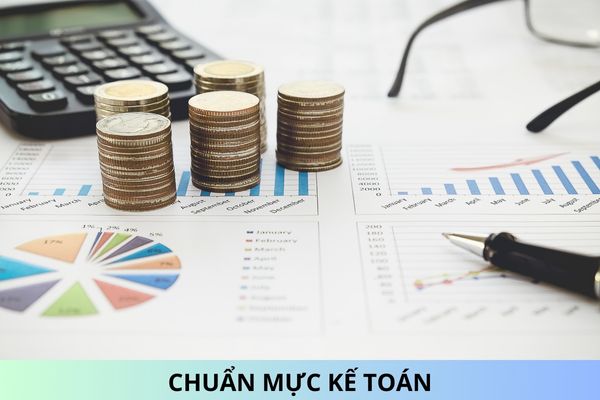What is guidance of issuance and quarterly/monthly tax declaration of invoices in Vietnam?
I am the owner of a household business, according to my understanding, from January 1, 2022, the household business applies the accounting system according to Circular 88/2021/TT-BTC. Household businesses in Ho Chi Minh City deploy the use of electronic invoices, input and output declaration. Want to guide the unit to make invoices and declare quarterly/monthly for tax payment according to the flat tax payable method?
What is guidance of issuance and quarterly/monthly tax declaration of invoices in Vietnam?
From 2022, according to the new provisions of the Tax Administration Law 2019, business households can choose to pay tax according to the flat tax payable method as before or pay tax according to the declaration method (for households that meet the conditions of large scale must pay tax according to the declaration method). Business households applying the flat tax payable method shall do the following:
- About taxpayers under the flat tax payable method
In Clause 1, Clause 5, Article 51 of the Law on Tax Administration 2019 stipulates:
1. Tax authorities shall determine the flat tax payable by household businesses and individual businesses who fail to comply with or fully comply with regulations on accounting, invoices and documents, except for the cases in Clause 5 of this Article.
5. Household businesses and individual businesses whose revenues and employees reach the upper limit for extra-small enterprises prescribed by regulations of law on small and medium enterprises shall do accounting and declare tax.
Pursuant to Clause 1, Article 5 of Decree 80/2021/ND-CP, criteria for identification of SMEs is as follows:
1. Any micro-enterprise in the field of agriculture, forestry, aquaculture; industry and construction that has an average annual number of employees who participate in social insurance not exceeding 10 people, total revenue in the year not exceeding 3 billion VND or total capital of the year not exceeding 3 billion VND.
Any micro-enterprise in the field of commerce and services that that has an average annual number of employees who participate in social insurance not exceeding 10 people, total revenue in the year not exceeding 10 billion VND or total capital of the year not exceeding 3 billion VND.
Based on the above provisions in Vietnam, if the household business in all fields of business is small, the flat tax payable method shall be applied; if it is large-scale according to the above provisions, the declaration method must be applied.
- Regarding revenue determination and flat tax payable rate
In Clause 7, Article 3 of Circular 40/2021/TT-BTC, the terms are explained as follows:
7. “fixed tax payment” means payment of a fixed amount of proportional tax on a fixed amount of revenue determined by the tax authority as prescribed by Article 51 of the Law on Tax Administration.
In Section 1, Appendix I, the list of industries that calculate VAT and PIT as a percentage of turnover for business households is issued together with Circular 40/2021/TT-BTC guiding the wholesaling, retailing of goods (except commission agents) is 1% for VAT and 0.5% for PIT.
Based on the above guidelines, for the tax declaration dossier submitted by the fixed tax payer, the tax authority’s database shall be the basis for public survey, seeking opinions from Tax Advisory Council, the general economic development of the area. Household businesses will pay flat tax as notified by tax authorities from the beginning of the year. If there is a change in production and business activities during the year (increasing/decreasing the scale, stopping or suspending business), the tax authority will adjust the revenue and the flat tax rate according to reality. With regard to goods retail (grocery) activities, apart from VAT and PIT, business households must also pay a one-time license fee from the beginning of the year at the rate specified in Clause 2, Article 4:
a) Individuals, groups of individuals, households with a turnover of over 500 million VND/year: 1,000,000 VND/year;
b) Individuals, groups of individuals, households with a turnover of over 300 to 500 million VND/year: 500,000 VND/year;
c) Individuals, groups of individuals, households with a turnover of over 100 to 300 million VND/year: 300,000 VND/year.
- Invoice and voucher regime for contracted households
In Clause 2, Article 7 of Circular 40/2021/TT-BTC stipulating method and basis for calculating fixed tax payable by household businesses and individual businesses as follows:
2. Household businesses and individual businesses paying fixed tax (hereinafter referred to as “fixed tax payers”) are not required to do accounting. Fixed tax payers shall retain and present to tax authorities the invoices, contracts, documents proving the legality of their goods and services when applying for issuance or sale of separate invoices. Fixed tax payers having business operation at bordering markets, checkpoint markets, markets within border-gate economic zones in Vietnam shall retain invoices, contracts, documents proving the legality of their goods and present them at the request of competent authorities.
At Point a.1 Clause 2 Article 13 of Decree 123/2020/ND-CP (effective from July 1, 2022) stipulating use of e-invoices in sale of goods and provision of services:
2. Issuance and tax declaration upon tax authority’s separate provision of authenticated e-invoices:
a) Types of invoices to be issued provided separately
a.1) Authenticated e-invoices that are sales invoices are provided separately in the following cases:
- Household and individual businesses specified in Clause 4 Article 91 of the Law on Tax Administration No. 38/2019/QH14 that are not qualified to use authenticated e-invoices but need to provide invoices for their clients;
- Non-business organizations that sell goods or services on an occasional basis;
- Any enterprise that liquidates its assets after its dissolution, bankruptcy or TIN invalidation and thus needs to provide invoices for the buyers;
- Any enterprise, business entity, household business or individual business that pays VAT directly and:
+ ceases business operation without completing procedures for TIN invalidation, liquidates assets and thus needs to provide invoices for the buyers;
+ suspends business operation and needs to provide invoices for customers to execute the contracts concluded before the date on which the tax authority notifies the business suspension;
+ is banned from using invoices by the tax authority.
Best Regards!
